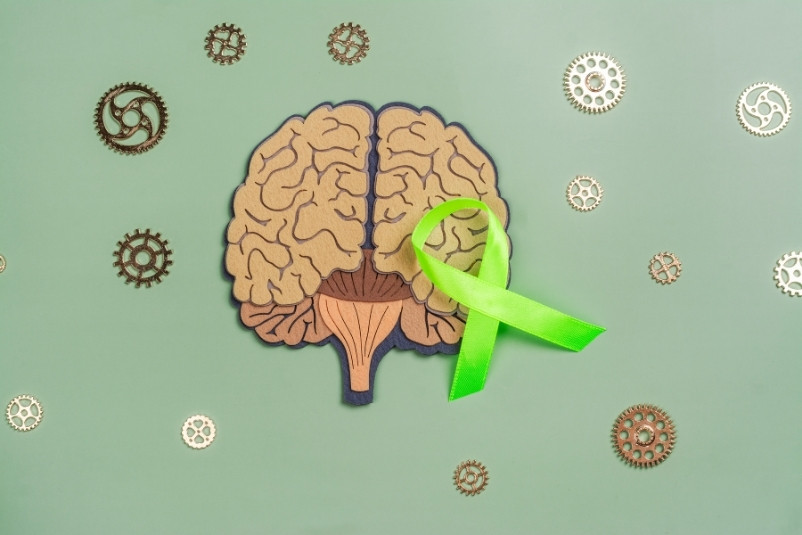
08
Aug
What Mental Health Disorders Can Be Treated with Ketamine-Assisted Psychotherapy?

In Canada, ketamine-assisted psychotherapy shows promise for treating specific treatment-resistant mental health conditions including depression, anxiety, and PTSD. Currently, the evidence base for ketamine therapy is strongest for use in the treatment of depression.
Here at Caledon Clinic, we can help you explore if ketamine-assisted psychotherapy might be suitable for you if you have been diagnosed with treatment-resistant depression; or a mood disorder that has not responded to traditional treatments. It’s important to note that ketamine-assisted psychotherapy is not a first-line treatment, and we will work with you to determine the most appropriate course of action for your individual needs.
How does Ketamine-Assisted Psychotherapy Treat Depression?
Originally employed by anesthetists and psychologists for pain management and anesthesia, Ketamine is now being used to fight depression. Even so, ketamine-assisted psychotherapy was a relatively little-known treatment option until recently. In recent years, ketamine-assisted therapy has gained popularity as a promising treatment for various mental health conditions.
At Caledon Clinic, we recognize the intricacies of treating depression, acknowledging that it encompasses much more than chemical changes in the brain. As such, Caledon Clinic takes an integrative approach to promote healing that lasts.
How Does Ketamine-Assisted Psychotherapy Work?
Ketamine-assisted depression therapy treatments work mainly by blocking certain receptors while also increasing the production of glutamate, a crucial neurotransmitter in our brain that plays a significant role in learning and memory.
When ketamine is administered, neuroplasticity is increased, allowing the brain to rewire itself quickly, and making psychotherapy the more effective. Individuals can take advantage of the neural plasticity induced by ketamine by undergoing psychotherapy within 24-48 hours after ketamine treatment. This synergy strengthens and maintains newly formed neural pathways, ultimately consolidating the progress made during treatment.
It is for this reason that our clinic recommends scheduling psychotherapy sessions after your ketamine treatment, so that the positive effects of both interventions can be maximized.
Using ketamine-assisted therapy, the drug induces a dissociative state. The out-of-body experience here allows access to deep states of consciousness, which often allows the therapist to explore and overcome underlying emotional issues that may be contributing to their mental health issue(s).
However, the success of this treatment depends on more than just the medication itself. Therapists prioritize the “set and setting” of depression therapy. This means the team at Caledon Clinic considers the patient’s preparedness for therapy, mental health before therapy, and the overall environment to predict how patients respond to the drug.
Ready to explore if ketamine-assisted psychotherapy is right for you? Contact Caledon Clinic today for a consultation. Our team can answer your questions and help you determine the best course of treatment for your unique situation.


